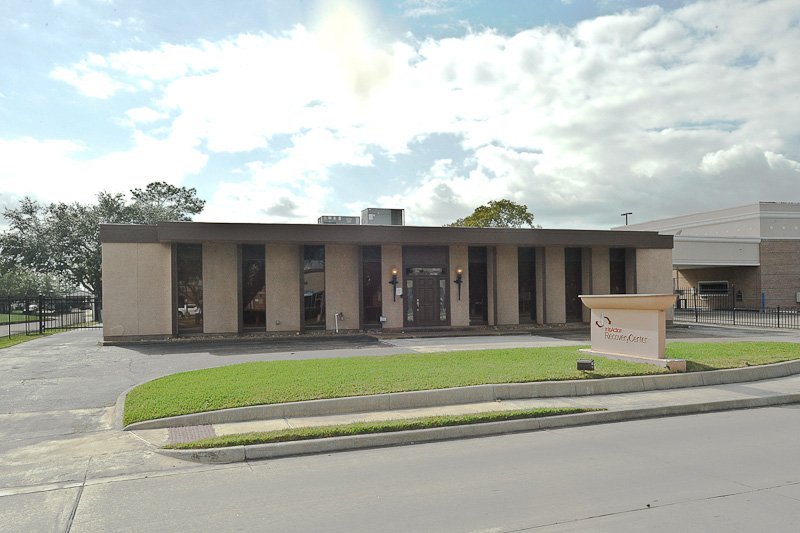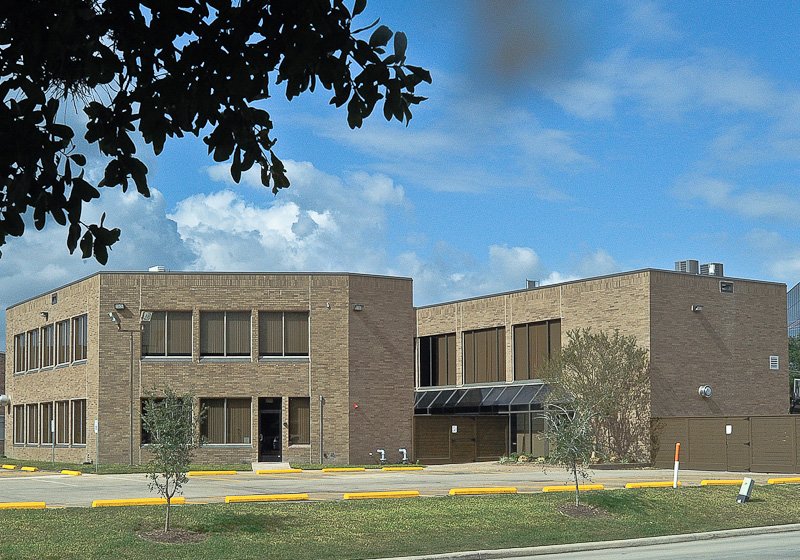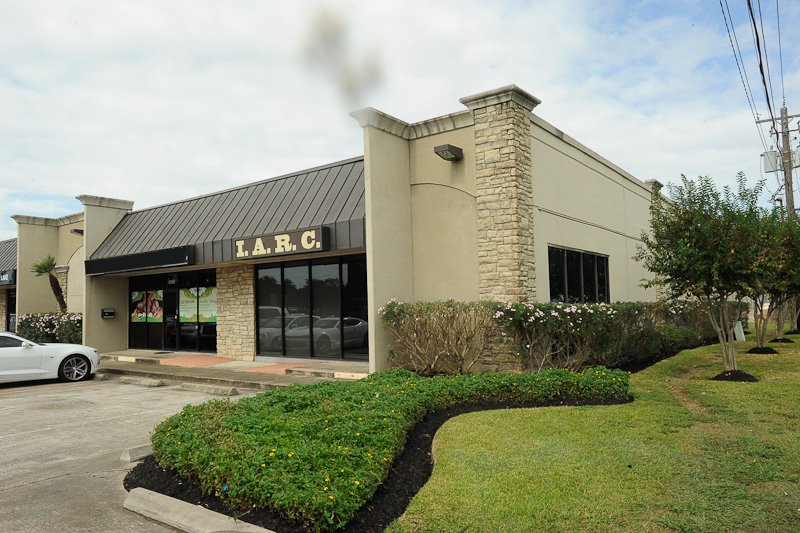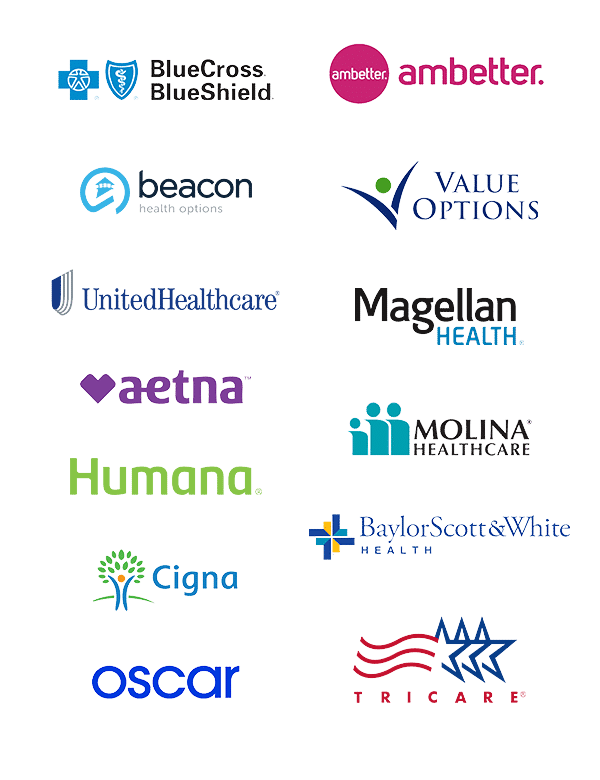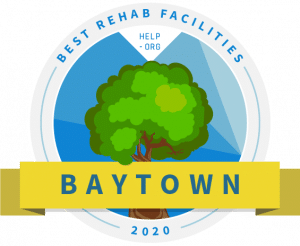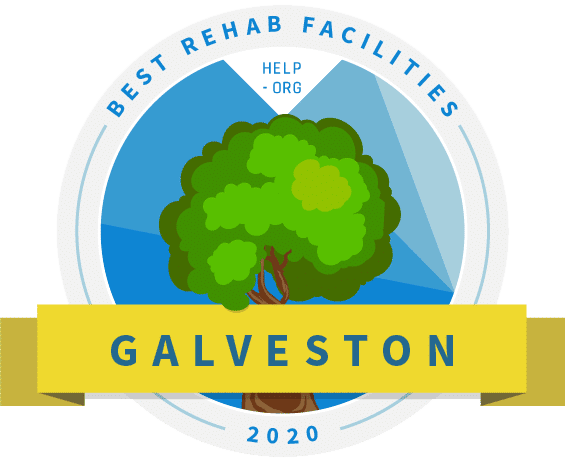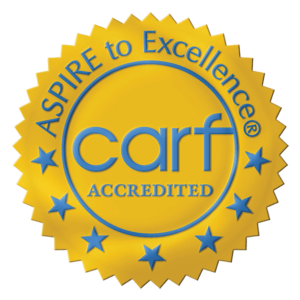What Are Evidence-Based Therapies?
Evidence-based therapies are behavioral treatments that have been tested by professionals in clinical trials and studies to measure their effectiveness in treating substance use disorders and mental health conditions. The term “evidence-based” means they are proven to work rather than pointing to how they work.
Evidence-Based Therapies Offered At Into Action Recovery
There are several types of therapies with collective evidence of their success in the field. At Into Action Recovery, we offer a variety of evidence-based behavioral therapies in the treatment of addiction and dual diagnosis.
Cognitive Behavioral Therapy (CBT)
CBT is a behavioral therapy that focuses on the relationship between the patient’s thoughts, feelings, beliefs, and behaviors and how these play a role in mental illness or addiction. The therapist helps the patient identify harmful patterns of thought and behavior and works to reshape these to be productive in recovery.
Eye Movement Desensitization and Reprocessing (EMDR)
EMDR is a treatment method that helps patients process traumatic memories while encouraging specific eye movements to alter how these memories are stored in the brain. EMDR was originally designed for PTSD patients, but can also be used to treat other mental health conditions and substance use disorders.
Dialectical Behavior Therapy (DBT)
DBT is a modified form of cognitive behavioral therapy for patients who experience intense emotions. This can include patients with a diagnosis of borderline personality disorder (BPD), post-traumatic stress disorder, bipolar disorder, and other mental health conditions. DBT teaches patients how to cope with and regulate their emotions as a means to benefit their mental health and relationships.
Family Therapy
Unlike individual therapy, family therapy is designed to promote effective communication and educate on the roles of family members in addiction that are often overlooked. Addiction is commonly viewed as a single person’s problem, but in reality, addiction can significantly impact the behaviors, feelings, and emotions of everyone involved, typically those who live in the same household. In family therapy, the psychologist teaches the family which behaviors are problematic and how to support their loved one’s recovery.
Group Therapy
In group therapy, individuals from different walks of life are brought together with the same goal: Recovery. The lead psychologist gives everyone a platform to share their experiences and current challenges while providing professional feedback and techniques to promote a successful recovery. Many patients may say they only want individual therapy, which is important, but group therapy provides a space where you can connect with others who understand what you’re going through and are in similar situations.
Why is Therapy Important in Addiction Recovery?
Therapy is a significant portion of addiction recovery. When attending therapy sessions, the psychologist works one-on-one or in a group setting with the patient to uncover the causes and motivators of their addiction. They can begin to alter harmful or unproductive ways of thinking and harmful behaviors that are contributing to the problem. Likewise, therapy provides essential recovery tools, including healthy coping mechanisms, to help overcome future relapse urges.
Get Started Today with Into Action Recovery
Clients benefit from our proactive, people-first approach that ensures they experience personalized, attentive therapy and treatment throughout their recovery journey. We stand by our clients even after they graduate with ongoing alumni events and support.

